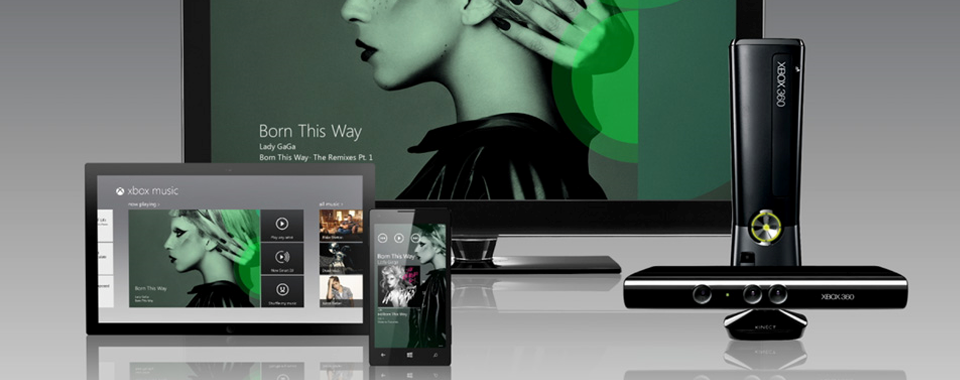Microsoft’s plans for consumers has changed a lot in the past few years. The Xbox 360 is now old busted hotness, replaced by the Xbox One with its better performance and more accurate Kinect 2 sensor. Windows actually has a built-in store full of entertainment and productivity apps. That’s something we could only dream about just years ago. Xbox Music has finally replaced Zune. It has become the default, cloud-powered way that users get entertainment across all of Microsoft’s different products. But let’s not go talking crazy to Zune purists. They have a point.
A few small paragraphs in a post by Paul Thurrott has sparked a lot of conversation about Xbox Music in the last few days. That the post was sort-of meant to stop most of the talk about Xbox Music to last week is ironic.
“But I do want to briefly address a related issue. Every time I discuss Xbox Music on Twitter, in particular, and often here on this site as well, I hear from this strange contingent of Zune fans. These people are misguided if they really believe that Zune was “better” than Xbox Music—which they clearly do, or that Microsoft should halt production of Xbox Music and go back to Zune. Or whatever.
Folks, this isn’t true. And it’s a rewriting of history—not to mention reality—to suggest otherwise.” – Paul Thurrott
Thurrot goes on to indicate that Xbox Music is, in fact better than Zune because it was designed with the cloud in mind. That is, Xbox Music is infinitely more useful because it syncs music collections between devices. The way I see it’s a rewriting of reality to suggest that cloud music syncing somehow makes Xbox Music better than Zune.
Don’t get me wrong, Xbox Music’s cloud syncing is useful. Hell, I’ve built an entire collection around it. That being said, let’s not pretend like Xbox Music and Zune aren’t designed for different ages. The Zune Software client was made at a time when desktops were on the decline and the laptop reigned supreme. The iPhone hadn’t taken off yet and the iPad was still in development. In short, people still used their laptops for just about everything. Xbox Music was designed after the iPhone and the iPad had come along. To me, each one of these products address a different problem and are incomparable.
In Xbox Music’s case Thurrott seems to think that problem was how to get your music everywhere with little effort. If it’s true that Xbox Music does solve that problem – provided that your metadata doesn’t need editing. Xbox Music is a great service. I don’t deny it, and when it works it’s a beautiful day. However I reject the idea that Xbox Music is better having solved that problem. Why? Because people who aren’t technofiles weren’t in search of a fix for just file syncing.
To the world is in search of a music solution that’s able to foster love for music. Editing metadata is a part of that. So too was Zune Social, the online and on-device service that let users share songs and track their plays. As he so often does, Thurrott is missing the point by a mile. People who think Xbox Music stinks worse than a New York Port Authority building agreement feel the service isn’t up to snuff because it doesn’t foster that same experience of loving music. Sure, it syncs playlists and some music.
But really, Xbox Music falls apart without comparison to Zune. Are there curated playlists? No. Is there metadata editing? No. Is there an easy way to share songs between friends? No. Does Xbox Music have crossfade? No.
Xbox Music is bad because Xbox Music is bad. It’s ok on the PC, but on mobile devices it stinks. That Zune happened to include a ton of features users crave is why it was better than Xbox Music. You don’t have to be someone with a Zune to put that together.
Xbox Music, a series of unfortunate events.
Thurrott characterizes Xbox Music as a decent service and the Windows Phone 8.1 app as a single “disaster.” I would argue — and think others would agree — that he’s right and wrong. Xbox Music isn’t a single disaster, it’s a series of unfortunate events culminating in a disaster.

